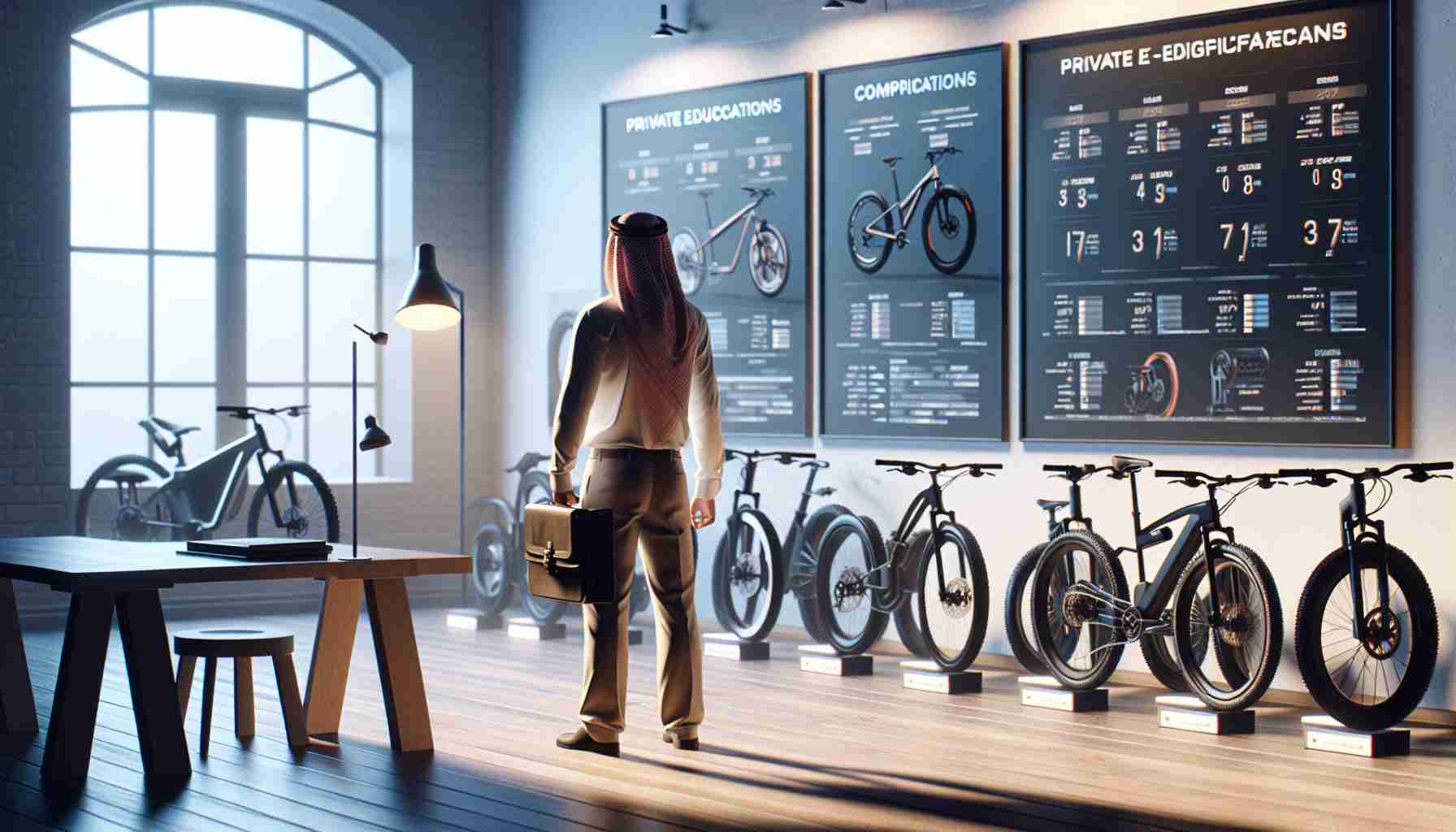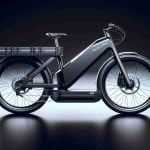When it comes to e-bikes, there are various types that cater to different needs and preferences. Whether you’re planning to use it for commuting, carrying cargo, off-road adventures, casual cruising, or easy storage, it’s important to choose the right e-bike that suits your lifestyle.
Commuter e-bikes are perfect for navigating urban environments and paved trails. They offer a comfortable riding experience with features like flatter handlebars for better visibility in busy city environments. Additionally, commuter e-bikes have lightweight frames, strong motors, and long-range batteries, making them ideal for uphill rides and longer trips.
For those who need to carry more than just themselves while commuting, cargo e-bikes are the way to go. These e-bikes come with longer and sturdier back racks, offering plenty of options for carrying heavy items or even other passengers. They have smaller tires and lower centers of gravity, ensuring stability and control even when loaded down. Cargo e-bikes also have powerful motors and long ranges, making them capable of going the distance.
Off-road e-bikes, also known as adventure bikes, are designed to tackle rough terrain with wide tires and improved suspension. They are perfect for wooded paths and rural areas with dirt or gravel roads. While they may resemble mountain e-bikes or mopeds, off-road e-bikes excel when using the throttle, whether you’re exploring off-road or navigating poorly maintained streets.
Cruiser e-bikes are the most casual option, ideal for leisurely rides on flat surfaces. With wide tires, high handlebars, and comfortable seats, they are perfect for neighborhood cruises and running errands. However, cruisers may not be suitable for off-road adventures or carrying cargo. Some models may have smaller batteries, as they are designed for shorter rides.
If space is a concern, folding e-bikes offer the ultimate solution. They can be easily stored in small spaces like apartments or transported in car trunks. Folding e-bikes may sacrifice some comfort and battery capacity due to their compact size, but their portability makes them ideal for frequent use and travel.
When choosing the right e-bike for you, consider your needs, preferences, and intended use. Whether you’re a daily commuter, a cargo carrier, an adventurous explorer, a casual cruiser, or a space-conscious individual, there is an e-bike that fits your lifestyle. So, get ready to hit the road and enjoy the convenience and excitement of electric biking!
The e-bike industry has experienced significant growth in recent years, driven by increasing environmental consciousness, advancements in technology, and the desire for alternative modes of transportation. According to market forecasts, the e-bike market is expected to continue its upward trajectory in the coming years.
One of the key factors contributing to the growth of the e-bike industry is the rising demand for eco-friendly transportation solutions. With concerns about climate change and air pollution, many consumers are now opting for electric bikes as a clean and sustainable mode of transportation. The market for e-bikes is also driven by the growing need for efficient and cost-effective urban mobility solutions in congested cities.
In terms of market forecasts, the global e-bike market is projected to reach a valuation of over $46 billion by 2026. This impressive growth can be attributed to factors such as increasing government initiatives to promote electric mobility, technological advancements in battery technology, and a growing preference for e-bikes among millennials and urban dwellers.
However, the e-bike industry also faces certain challenges and issues. One of the main concerns is the regulatory framework surrounding e-bikes, as different countries and regions have varying laws and regulations regarding their use. This lack of standardization can create confusion and hinder the widespread adoption of e-bikes.
Another challenge is the perception of e-bikes as “cheating” or not providing a good workout. Some individuals may resist using e-bikes due to concerns about physical fitness or a perceived stigma associated with electric assistance. However, it is important to note that e-bikes still require pedaling and can provide varying levels of assistance, allowing riders to choose the level of exertion that suits their needs.
Lastly, there is a need for infrastructure development to support the growing number of e-bike riders. This includes dedicated bike lanes, charging stations, and secure parking facilities. As e-bikes become more popular, investing in the necessary infrastructure will be crucial to ensure a seamless riding experience and encourage further adoption.
To learn more about the e-bike industry, market forecasts, and related issues, you can visit reputable websites such as Bike-eu.com and Electricbike.com. These sources provide comprehensive information on e-bike trends, market analysis, and regulatory updates.







